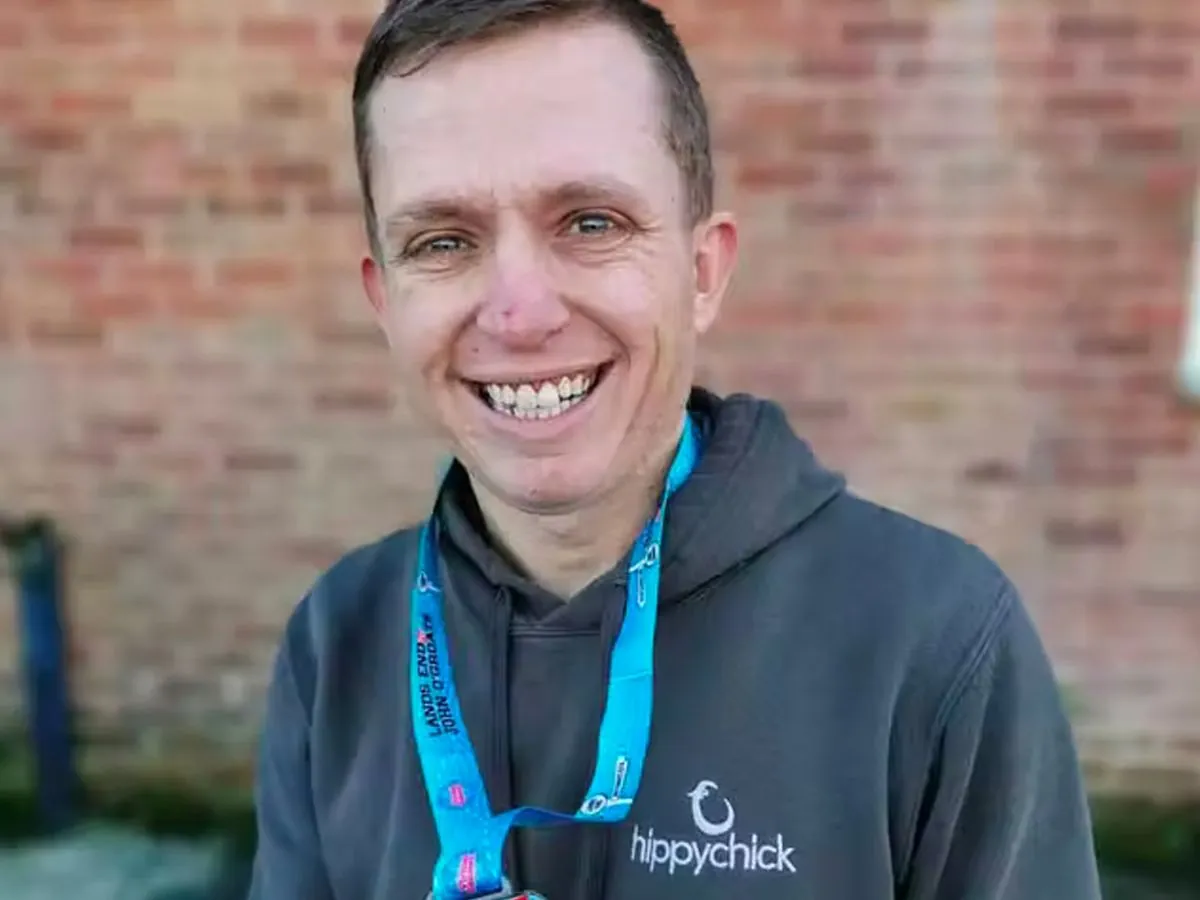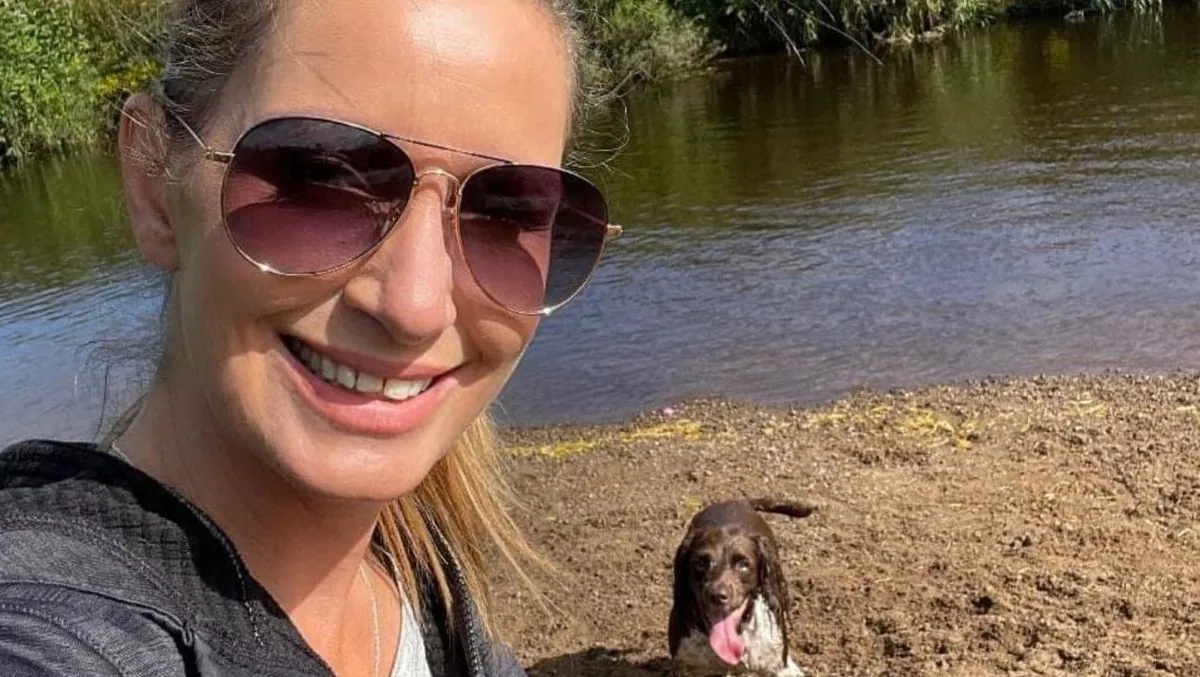Man with Facial Disfigurement Denied Service at London Restaurant
Oliver Bromley, who has Neurofibromatosis Type 1, was asked to leave a restaurant for "scaring customers". The incident, classified as a hate crime, highlights ongoing discrimination against those with visible differences.

Oliver Bromley, a 42-year-old man with a facial disfigurement, experienced discrimination at a restaurant in Camberwell, south-east London, in August 2024. Bromley, who has Neurofibromatosis Type 1 (NF1), was told to leave the establishment because he was allegedly "scaring customers."
NF1 is a genetic condition affecting approximately 1 in 3,000 people worldwide. It causes benign tumors to grow on nerves, resulting in visible differences. The disorder is caused by mutations in the NF1 gene, which provides instructions for making a protein called neurofibromin that acts as a tumor suppressor.
Bromley, who works for an NHS mental health crisis helpline, was undergoing treatment at nearby King's College Hospital when he decided to have lunch at the restaurant. Upon entering to place his order, he was confronted by a waiter who informed him of complaints and asked him to leave.
"I asked him to repeat himself, and he said I was scaring customers. I hadn't even sat down. I went to place my order and they asked me to leave. Perhaps they had seen me browsing, perhaps they didn't want me in there."
The incident left Bromley incredulous, as he had barely been in the restaurant long enough for someone to complain. He noted that while people often stare, especially children, he had never experienced such direct discrimination before.

After receiving no response from the restaurant to his written complaint, Bromley contacted the Metropolitan Police. The incident was recorded as a hate crime, highlighting the seriousness of discrimination against individuals with visible differences.
NF1 can manifest in various ways, including café-au-lait spots, freckling in the armpits or groin, and small bumps on or under the skin called neurofibromas. The condition can also lead to learning disabilities, vision problems, and skeletal abnormalities. Symptoms often appear in childhood but can develop at any age, and the severity can vary widely, even among family members with the same genetic mutation.
Karen Cockburn, director of Nerve Tumours UK, a charity raising awareness for NF1, stated that such incidents are "not uncommon." She pointed out that under the 2010 Equalities Act, 'severe disfigurement' is a protected characteristic, potentially providing grounds for legal action in cases of discrimination.
While there is no cure for NF1, ongoing research aims to develop new treatments, including targeted therapies and gene therapies. Regular monitoring and early intervention are crucial for managing the condition, which can affect multiple body systems.
Bromley emphasized that his goal is not retribution but to raise awareness. He hopes that by sharing his experience, he can prevent similar incidents from occurring in the future and promote understanding of NF1.
"There is nothing to be afraid of, it's just something some individuals have to live with. I am hoping this raises awareness and that, going forward, there might be a positive outcome and prevent it happening again."
This incident serves as a reminder of the ongoing challenges faced by individuals with visible differences and the importance of education and empathy in creating a more inclusive society.


































